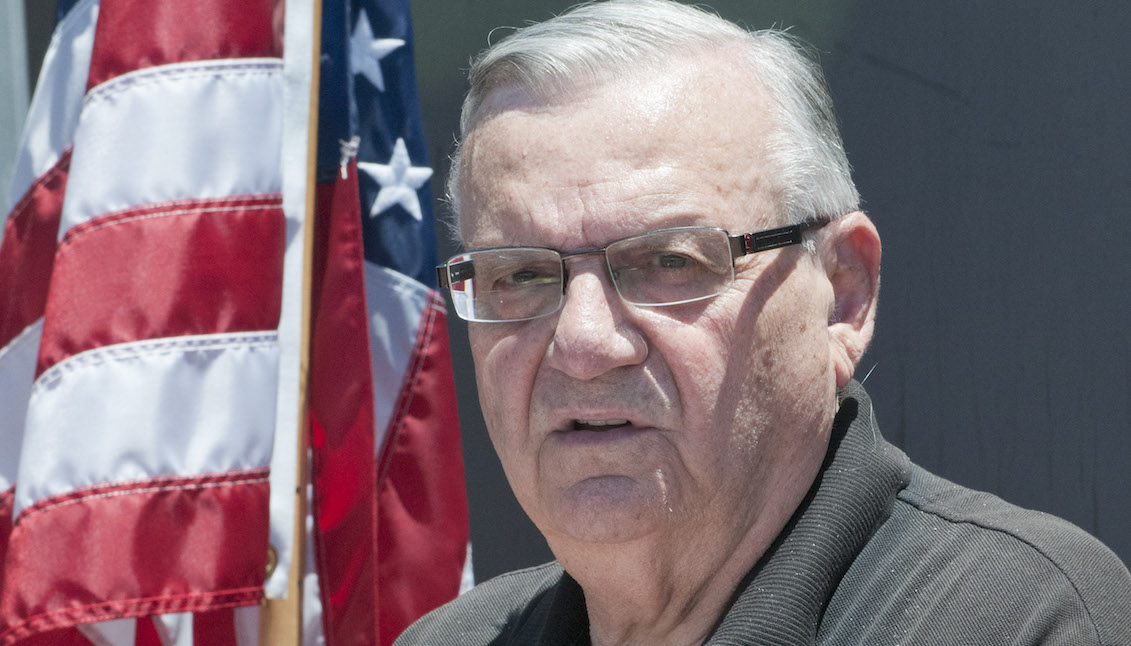
Sheriff Joe’s pardon: a definition of racism and bigotry
Presidential pardon to former Sheriff Joe Arpaio triggers strong criticism.
With the signing of the pardon to the controversial ex-Arizona sheriff Joe Arpaio, Trump seems to want to show that when it comes to idealism, there are those who can circumvent the rule of the Law.
Arpaio was found guilty of contempt of law for defying a court order that ordered him to stop the hunt of immigrant individuals based solely on their physical appearance.
The 85-year-old former sheriff faced a six-month jail term, to be announced on Oct. 5, but the president announced in a rally in Phoenix, Arizona, that he intended to grant him pardon, a presidential gesture frequently reserved for the last days of government.
Many public officials, including several within the Republican Party, attacked trump’s startling decision. House Speaker Paul Ryan, for example, reported through his spokesman, Doug Andres, that "Law enforcement officials have a special responsibility to respect the rights of everyone in the United States. We should not allow anyone to believe that responsibility is diminished by this pardon."
For his part, Arizona Senator Jeff Flake wrote in his Twitter account that he "would have preferred the President to honor the judicial process and let it take its course." His colleague Sen. John McCain also stated that the pardon "undermines" Trump's claims about his respect for the rule of law, as "Arpaio has shown no remorse for his actions," according to TIME.
RELATED CONTENT

Another Republican representative, Ileana Ros-Lehtinen, declared on Twitter Friday her surprise at the presidential decision, comparing it with the ban on transgender military, and questioning the president's definition of "patriotism."

For its part, the Democratic Party in Congress also showed its discontent. Senate minority leader Chuck Schumer accused the president of using the critical circumstance of Hurricane Harvey to pass a pardon under the table: "Joe Arpaio ignored the courts and the sentence of the law to systematically point to The Latinos in Arizona, "he said on Twitter. "The definition of racism and bigotry".
Other Democrats such as Nancy Pelosi, Chris Murphy, Bernie Sanders, Tom Perez, Barbara Lee, Sheila Jackson Lee, Joaquin Castro, Patrick Leahy, and Yvette D. Clarke agreed that Trump's pardon not only implied that the law was permeable, but it transformed racism, intolerance and violations of human rights into "forgivable" crimes, as long as the culprit coincides with the ideological precepts of the one in charge.











LEAVE A COMMENT: